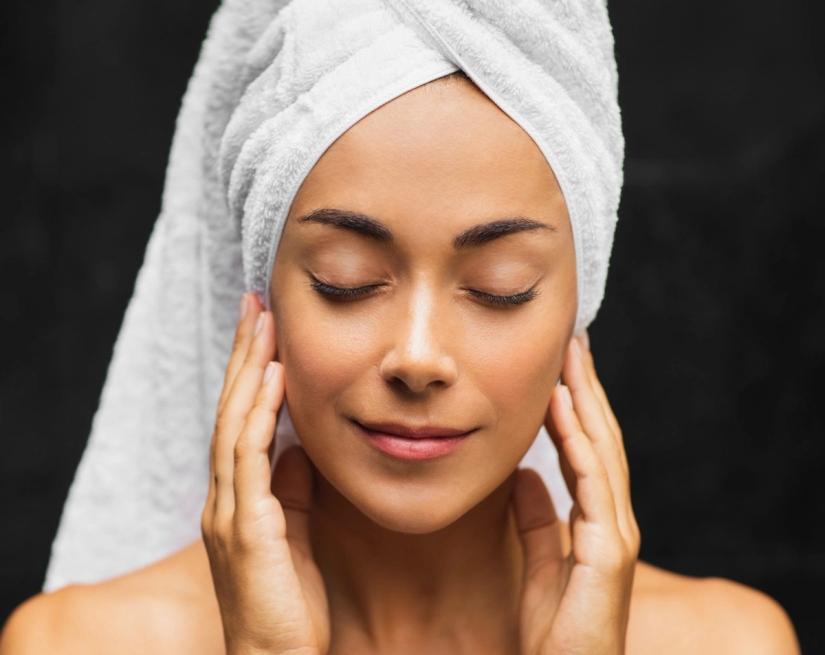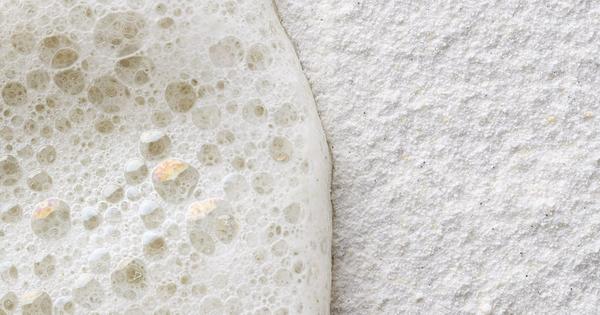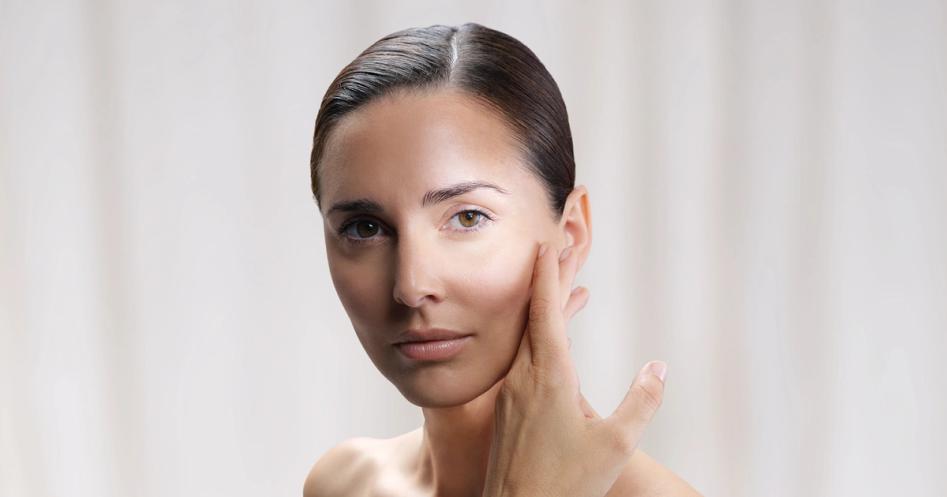Sublime Skin Pro Skin Barrier Cleanser
Gentle cleansing balm
skin care
Maria Giulia Simonazzi | International Training Manager
8 min read

The term acne is often used as a catch-all phrase to reference a variety of unwanted skin issues but the word actually relates to a specific skin issue. Before we get into treating acne, let’s first take a look at what it is
Each pore on the surface of your skin is connected to a gland that produces sebum. This natural oil is responsible for lubricating your skin’s external barrier and protecting it from daily assaults like cold weather and dry air. Unfortunately, sebum and dead skin often build up in the follicle connecting the gland and pore. This occurrence is more commonly known as acne.
Pimples, whiteheads, and blackheads are the byproduct of this occurrence and may leave behind pockmarks, scars, or rough patches of skin. The onset of acne can be triggered by a whole host of things, and, contrary to popular belief, affects people of all skin types, ages, and genders.

Some of us have been dealing with severe acne since the onset of puberty. Visits to the dermatology office were aplenty from the ages of 11-16. For others, this skin condition may have cropped up in their mid-to-late twenties, leading to unsightly pimples and deep blackheads that we certainly don’t want third-wheeling on any date. Many women and men continue to struggle with acne-caused breakouts well into their golden years. Here are some of the more common causes of acne:
Proper cleansing is key to prevent this very common cause of acne. Some skin types are more prone to clogged pores because of the amount of sebum their glands produce.
Our skin is home to countless strands of bacteria - in particular a strand named Propionibacterium acnes, or P. acnes for short. This bacteria lives at the base of each follicle, dining on sebum, dead skin, and other debris. When sebum production ramps up due to hormones, stress, or environmental factors, P. acnes also multiplies.
A diet high in refined sugar, dairy, or simple carbohydrates has long been linked to increased acne occurrences. These foods trigger a spike in insulin, which then causes an increase in androgen hormones. These are responsible for greater skin cell turnover, meaning more dead skin cells to potentially clog your pores.
While dermatologists are still making headway on linking acne and stress, studies have noted a correlation in stressful situations and an uptick in breakouts. Cells that produce sebum have stress-hormone receptors, which may lead them to increase production, creating too much sebum and clogging pores.
Hormonally-linked acne is particularly common in teens, however, many women report dealing with acne well past their teenage years. Fluctuating hormones throughout the menstrual cycle and declining estrogen levels during menopause prompt breakouts by increasing sebum production and cell turnover.
Oftentimes, people turn to cleansers with Benzoyl Peroxide, SalicylicAcid, and other over-the-counter cleaners that boast acne-fighting properties. While Salicylic Acid can be helpful in quelling breakouts, it’s always wise to consult with a dermatologist before applying heavy creams and treatments. Retinoids, Benzoyl Peroxide, and Salicylic Acid can cause irritation for certain skin types, exacerbating a severe acne condition.
Cultivating healthy skincare habits is one of the best ways to manage acne. Our skin is naturally inclined to protect, hydrate, and heal itself. Using products that nurture the skin’s natural barrier is a great place to start when creating a new, acne-fighting regimen.
Double cleansing offers a great way to combat acne without leaving the skin stripped of its natural lubrication. An oil-based cleanser like Sublime Skin Pro Skin Barrier Cleanser paired with a gentle, foaming wash like Essential Fash Wash removes dirt and grime while rehydrating the delicate facial skin.
/skin regimen/Lx is ideal for stressed out or overworked skin in need for extra TLC. This line boasts an array of lotions, moisturizers, detox masks, and eye creams that work together toreverse the effects of pollution, free radicals, sun exposure and stress.
Lastly, Active Pureness Line, specifically designed for those with oily skin, includes cleansing and moisturizing products that can be used during periods of excess sebum production or as part of a daily routine. Young, hormonal skin can benefit greatly from this consciously designed formula.
Stress, lack of sleep, poor hydration and inadequate nutrition certainly don’t help the skin stay youthful and glowing. Plenty of water, organic foods, and exercisecontribute to the well-being of mind and body, encouraging your skin to function at its best.

In short, no. Everyone struggles with an occasional bout of acne from time to time. However, using high-quality skin care products and taking care of your body, mind, and spirit is a great way to prevent acne-inspired breakouts. Topical acne treatments can help heal pimples quicker while cleansers with key ingredients, like retinoids and salicylic acid deep clean pores, can prevent clogs and breakouts. Minimizing the signs of acne and treating this skin occurrence at the root is doable, it just takes a little self-discipline and self-care.
Gentle cleansing balm
Gentle foaming cleanser
Anti-pollution face cleanser
Purifying renewing toner